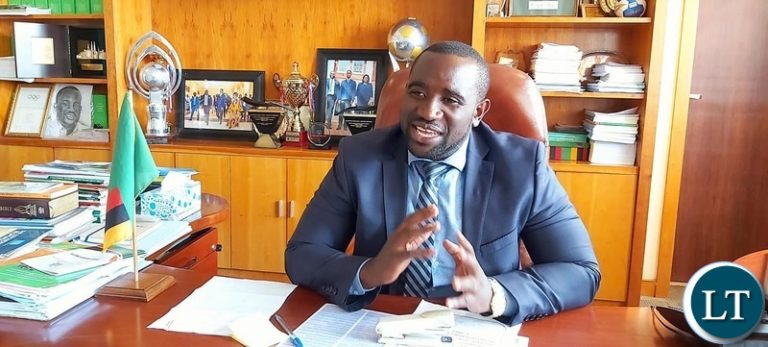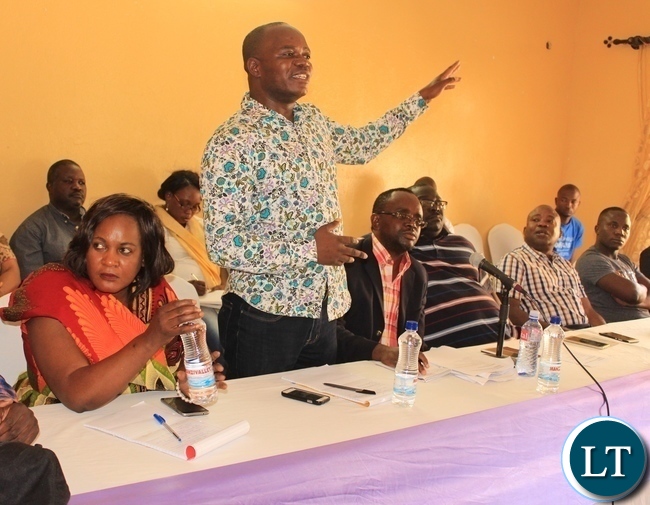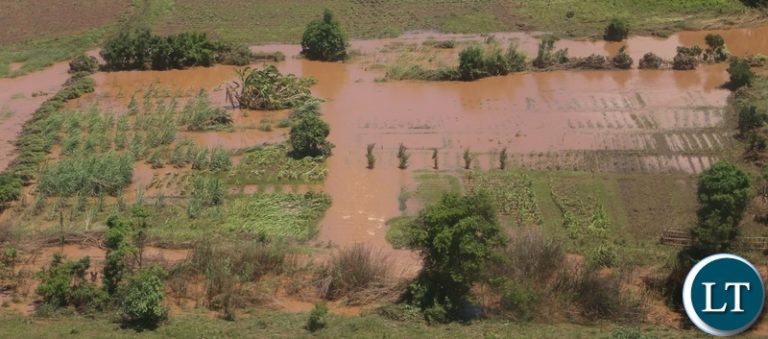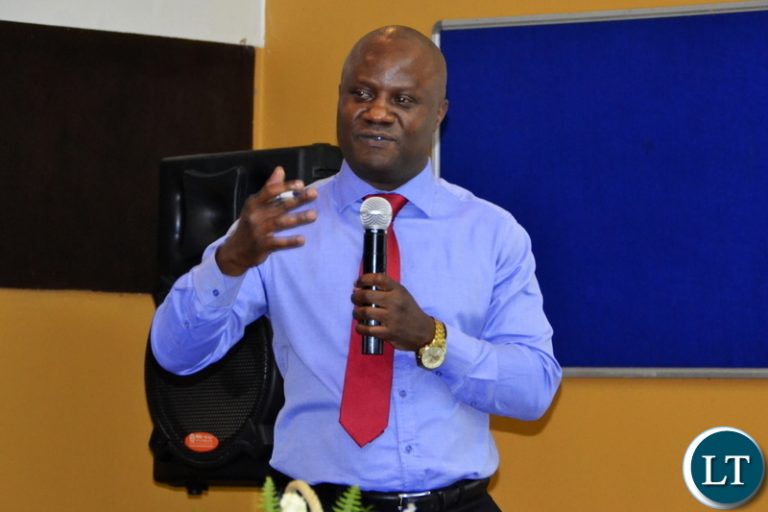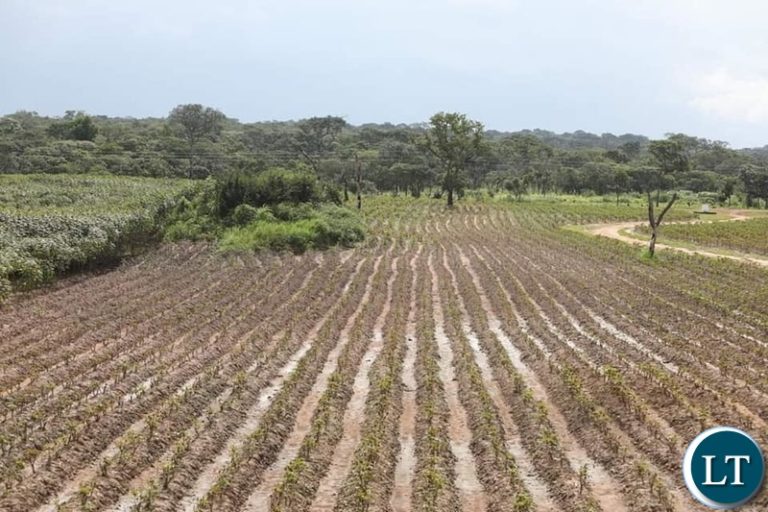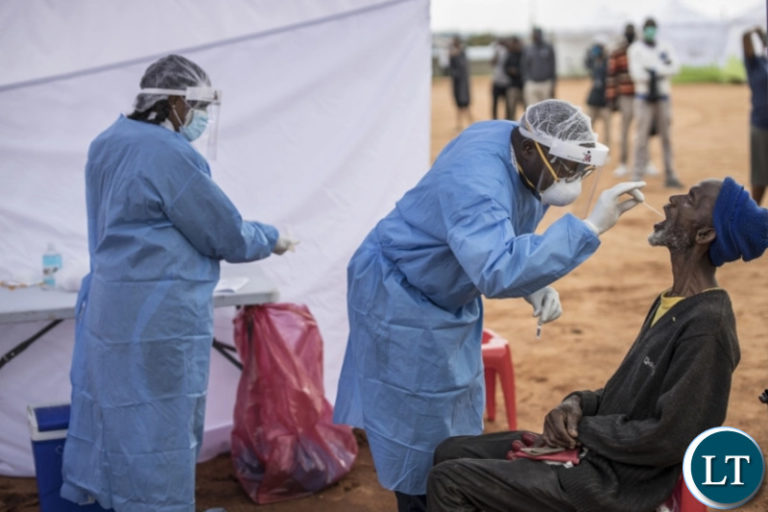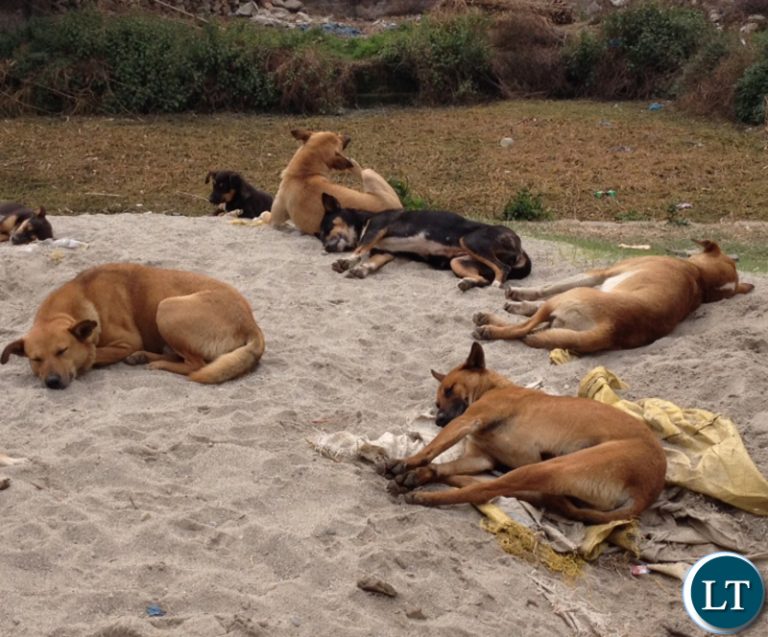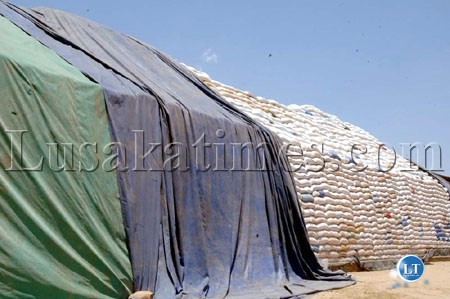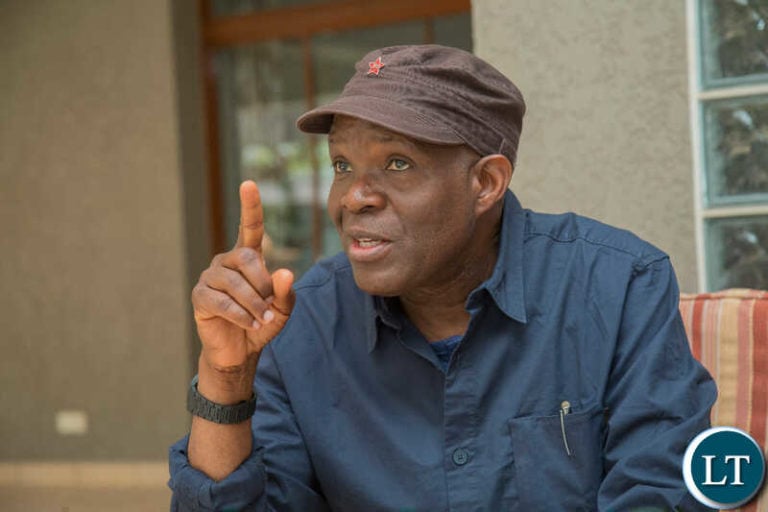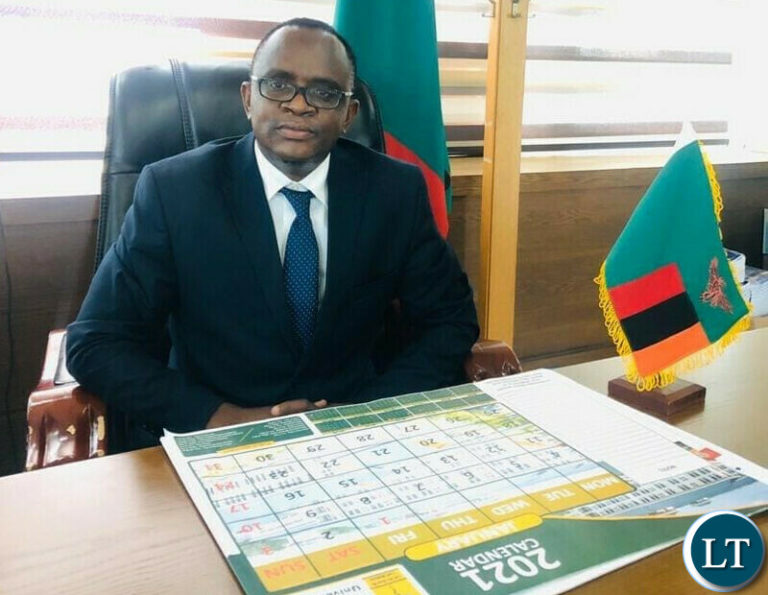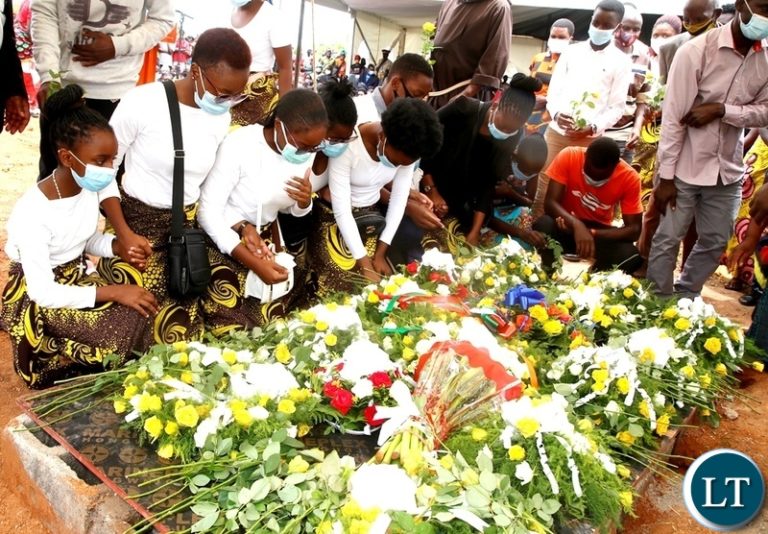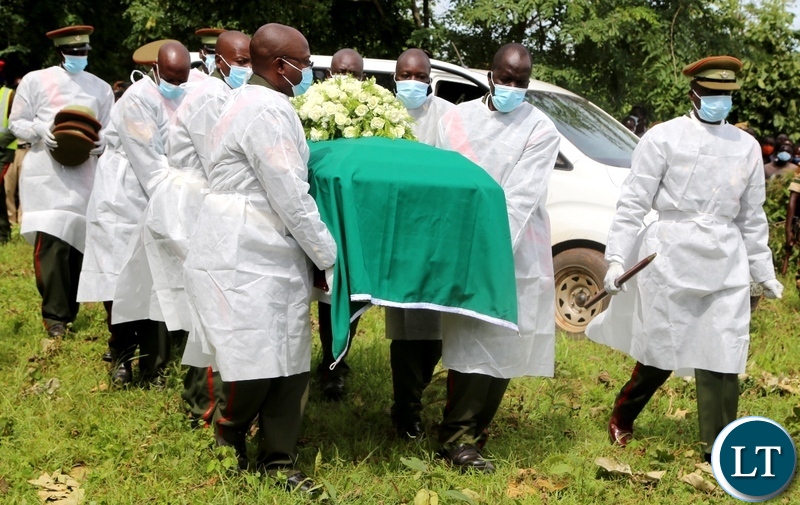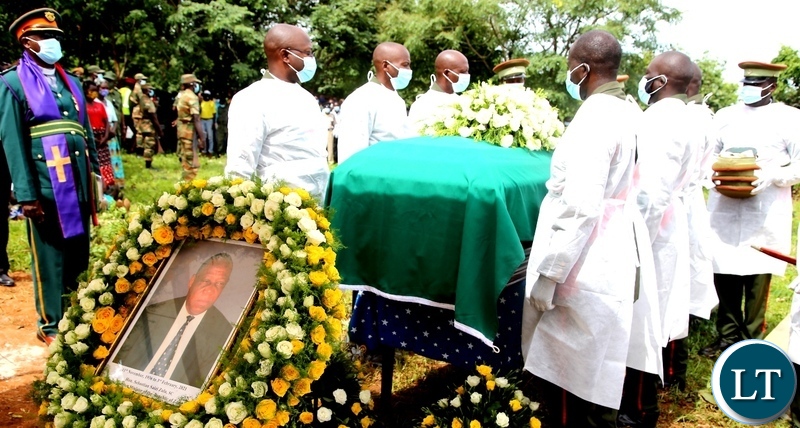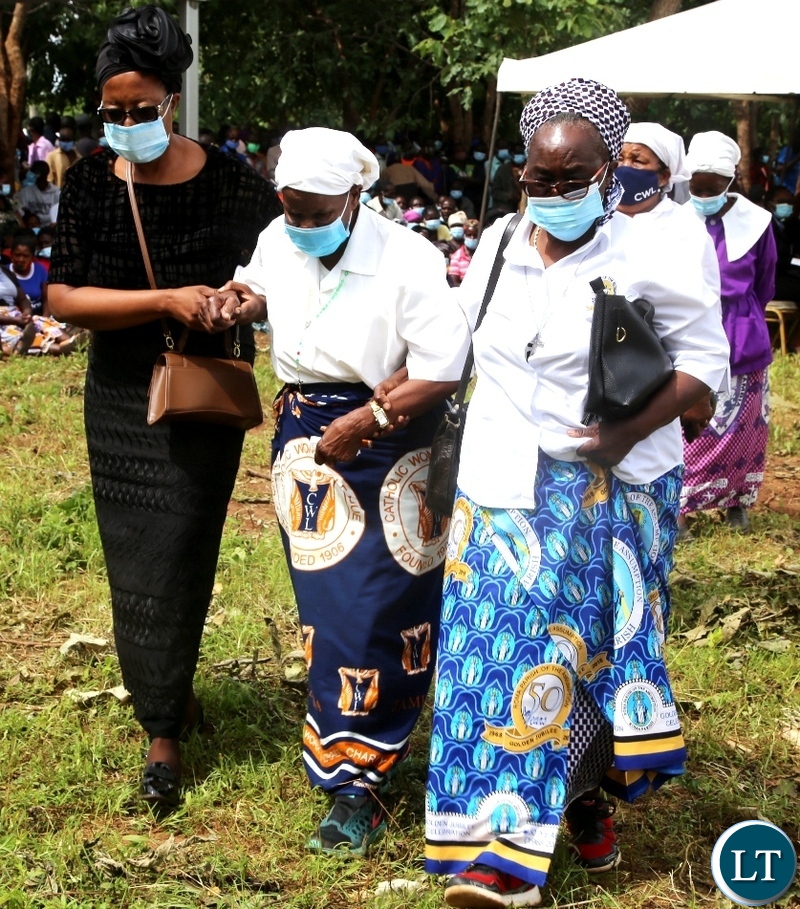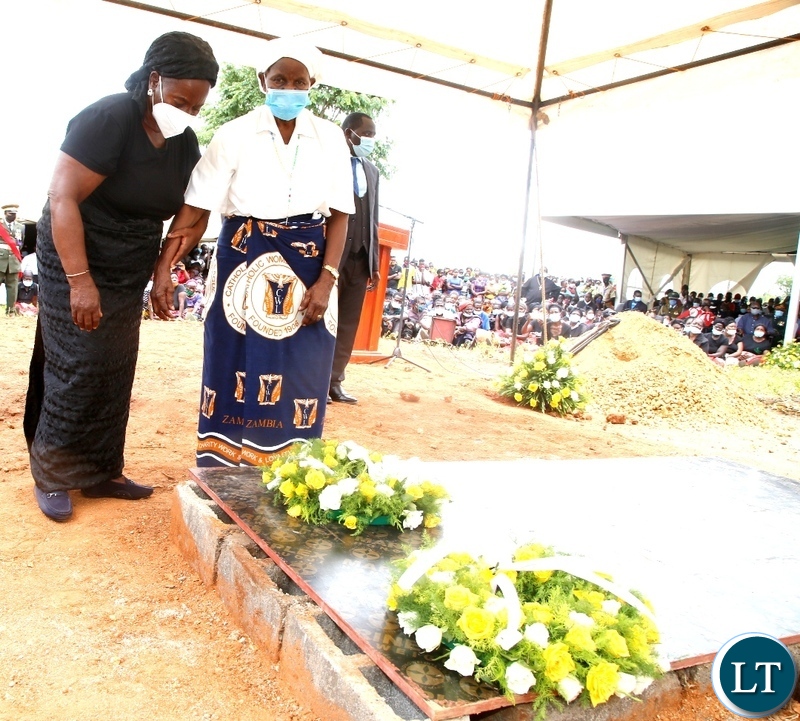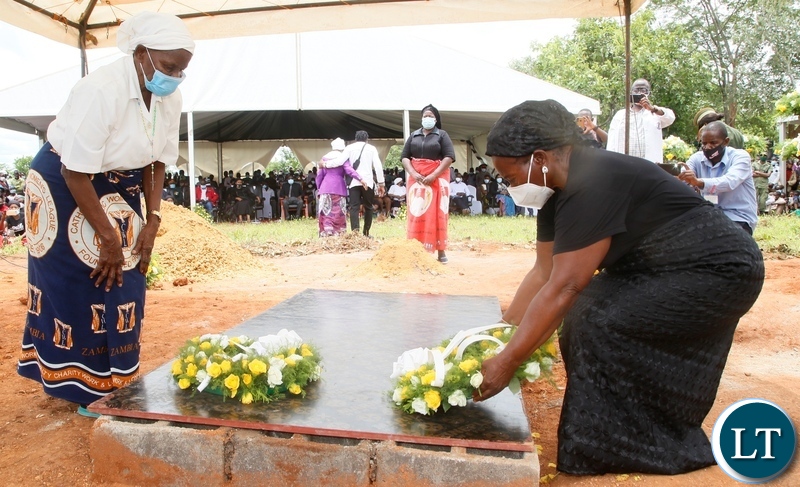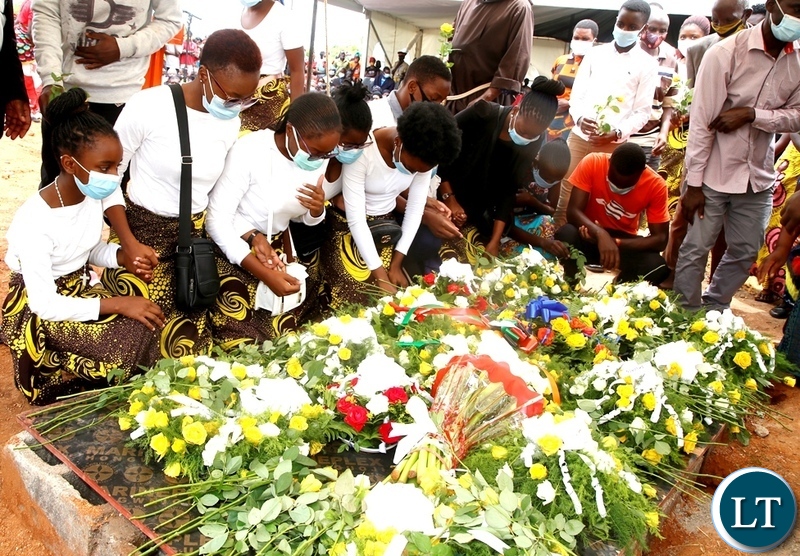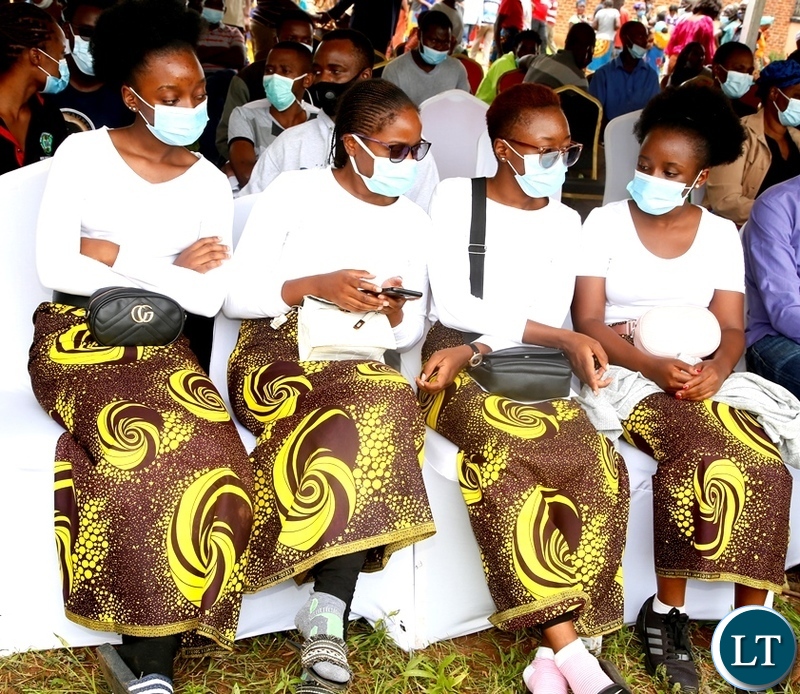By Fred M’membe
Our party manifesto makes it very clear that our intention is to radically transform how Zambia is governed. It won’t be business as usual.
And we understand very, very well that in a hyper-kinetic world, inward-looking and self-obsessed political leaders are a liability.
We also understand very, very well that as political leaders we are susceptible to an array of debilitating maladies, including arrogance, intolerance, myopia, and pettiness. And when these diseases go untreated, the nation itself is enfeebled. To have a healthy nation, we need political leaders with healthy minds.
As human beings we have certain proclivities — not all of them noble. Nevertheless, as political leaders we should be held to a high standard, since our scope of influence makes our ailments particularly infectious.
Even our Socialist Party, noble as its intentions and values may be, is an apparatus: a hierarchy populated by good-hearted, but less-than-perfect souls. In that sense, it’s not much different than other apparatus. We need eternal vigilance. We have to be very strict, very demanding with ourselves. For this reason we have to constantly strive to improve and to grow in rapport and wisdom, in order to carry out our historic mission of transforming this country into a more just, fair and humane nation. And yet, like any body, like any human body, we are also – even as socialists espousing very noble values – exposed to diseases, malfunctioning, infirmity.
We are also open to diseases and temptations which can dangerously weaken our effectiveness and that of our revolutionary party. The disease of thinking we are immortal, immune, or downright indispensable, and therefore neglecting the need for regular check-ups.
A political leadership team which is not self-critical, which does not keep up with things, which does not seek to be more mentally, morally and intellectually fit, is a sick one. A simple visit to Leopards Hill, Memorial Park and other cemeteries might help us see the names of many people who thought they were immortal, immune, and indispensable!
It is the disease of those who turn into lords and masters, who think of themselves as above others and not at their service. It is the pathology of power and comes from a superiority complex, from a narcissism which passionately gazes at its own image and does not see the faces of others, especially the weakest and those most in need. The antidote to this plague is humility; to say heartily, ‘I am merely a servant. I have only done what was my duty.’ Why seek to have an illegal, unconstitutional third term of office at any cost?
It is very easy for political power to make us lose our human sensitivities. And we start having a heart of stone, we become stiff-necked. We have seen political leaders who in the course of time lose their interior serenity, alertness and daring, and hide under a pile of papers, turning into paper pushers and not men and women of compassion. It is dangerous to lose the human sensitivity that enables us to weep with those who weep and to rejoice with those who rejoice! Because as time goes on, our hearts grow hard and become incapable of loving all those around us. Being a humane political leader means having the sentiments of humility and unselfishness, of detachment and generosity.
In the Socialist Party we attach great importance to collective leadership. And collective leadership calls for extensive coordination. It’s impossible to achieve collective political leadership where there’s poor coordination.
Once political leaders lose a sense of community among themselves, the body loses its harmonious functioning and its equilibrium; it then becomes an orchestra that produces noise: its members do not work together and lose the spirit of camaraderie and teamwork. When the foot says to the arm: ‘I don’t need you,’ or the hand says to the head, ‘I’m in charge,’ they create discomfort and parochialism.
We often see a lot of what one would call “leadership Alzheimer’s disease”. It consists in losing the memory of those who nurtured, mentored and supported us in our own journeys. We see this in those who have lost the memory of their encounters with the great leaders who inspired them; in those who are completely caught up in the present moment, in their passions, whims and obsessions; in those who build walls and routines around themselves, and thus become more and more the slaves of idols carved by their own hands.
There’s too much rivalry and infighting in our politics – the disease of rivalry and vainglory. When appearances, our perks, and our titles become the primary object in life, we forget our fundamental duty as political leaders – to “do nothing from selfishness or conceit but in humility count others better than ourselves.” As political leaders, we must look not only to our own interests, but also to the interests of others.
I am saddened by the amount of idolising of political leaders that I see and hear everyday. This is the disease of those who court their political superiors in the hope of gaining their favour. They are victims of political careerism and opportunism; they honour persons rather than the larger mission of the political party. They think only of what they can get and not of what they should give; small-minded persons, unhappy and inspired only by their own lethal selfishness. Political superiors themselves can be affected by this disease, when they try to obtain the submission, loyalty and psychological dependency of their subordinates, but the end result is unhealthy complicity.
There’s too much indifference to others in our politics. This is where each political leader thinks only of himself or herself, and loses the sincerity and warmth of genuine human relationships. This can happen in many ways: when the most knowledgeable person does not put that knowledge at the service of less knowledgeable colleagues, when you learn something and then keep it to yourself rather than sharing it in a helpful way with others; when out of jealousy or deceit you take joy in seeing others fall instead of helping them up and encouraging them.
Today, more than ever before, our political leaders, especially those in government or power, are accumulating a lot of wealth – far more than they need to live comfortably – in a very short time and are not scared or shy to flaunt it.
They seem to suffering from the disease of hoarding. This occurs when a political leader tries to fill an existential void in his or her heart by accumulating material goods, not out of need but only in order to feel secure. The fact is that we are not able to bring material goods with us when we leave this life, since “the winding sheet does not have pockets” and all our treasures will never be able to fill that void; instead, they will only make it deeper and more demanding. Accumulating goods only burdens and inexorably slows down the journey!
Then we have problem of closed circles, where belonging to a clique becomes more powerful than our shared identity. This disease too always begins with good intentions, but with the passing of time it enslaves its members and becomes a cancer which threatens the harmony of the political party and causes immense evil, especially to those we treat as outsiders. “Friendly fire” from our fellow soldiers, is the most insidious danger. It is the evil which strikes from within. As it says in the bible, “Every kingdom divided against itself is laid waste.”
Lastly: we have the challenge, the disease of extravagance and self-exhibition. This happens when a political leader turns his or her service into power, and uses that power for material gain, or to acquire even greater power. This is the disease of persons who insatiably try to accumulate power and to this end are ready to slander, defame and discredit others; who put themselves on display to show that they are more capable than others. This disease does great harm because it leads people to justify the use of any means whatsoever to attain their goal, often in the name of justice and transparency!
Comrades and friends, these diseases are a danger for every political leader and party and they can strike at the individual or party.


